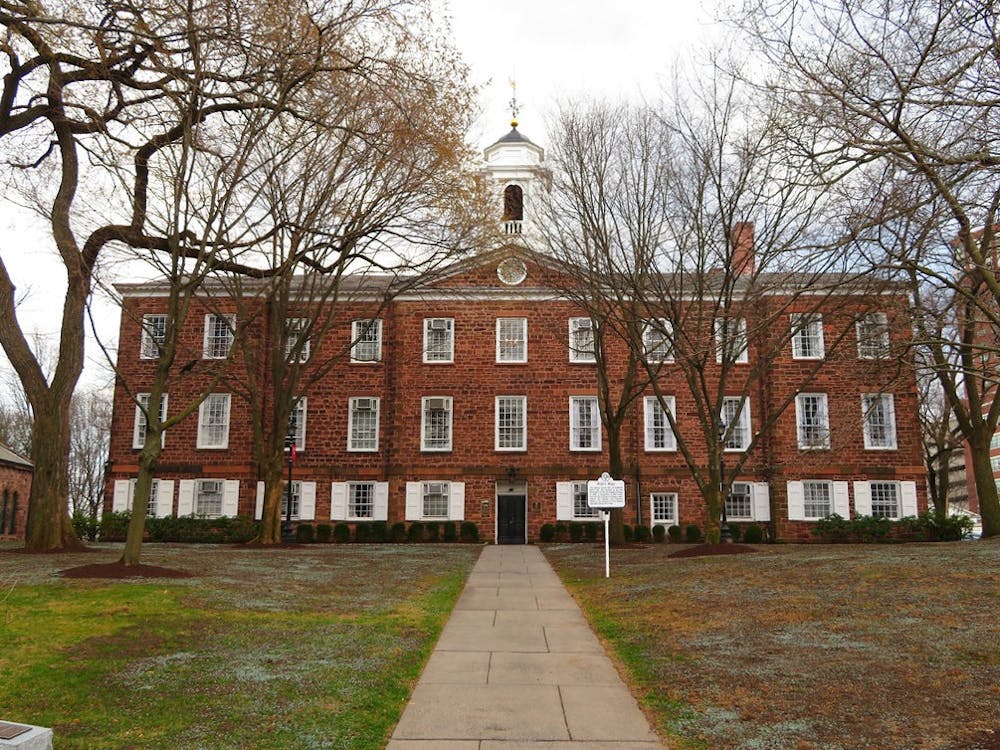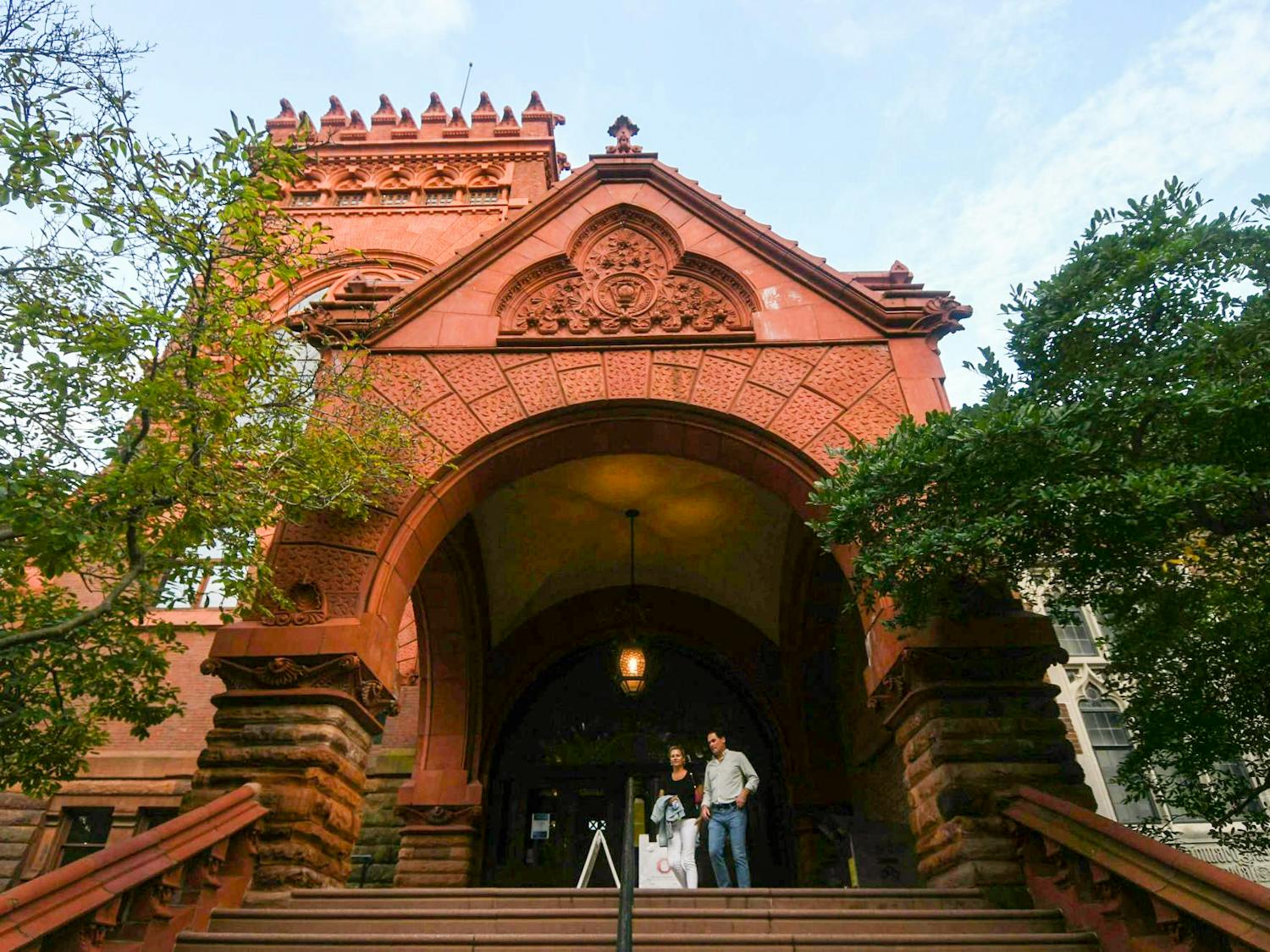Rutgers University is the first local college to announce that it will require students to get the COVID-19 vaccine before returning to campus in the fall.
The only students exempt from the immunization requirement will be those studying online, away from campus, or those with medical or religious exemptions, The Philadelphia Inquirer reported. Rutgers' March 25 announcement came after a goal set by President Joe Biden to make all adults eligible for the vaccine by May 1.
Antonio Calcado, executive vice president and chief operating officer at Rutgers, told the Inquirer that he expects that 95% of students will end up receiving the vaccine. He added that Biden’s commitment to increasing vaccine availability was what allowed them to make the announcement.
“We always had this on the burner but were not able to really move on it," Calcado said. "That was a big game-changer for us.”
Despite the vaccine requirement, students will be required to continue practicing social distancing and mask wearing, as well as participate in the school’s COVID-19 testing program, The New York Times reported.
Other schools have expressed hesitation about being able to require the vaccine, since the Food and Drug Administration only approved it via emergency-use authorization. Without full approval, some have questioned if the vaccine can be mandated for students.
Penn and other area schools — such as Pennsylvania State Universities, St. Joseph's University, Swarthmore College, Temple University, and Villanova University — told the Inquirer they were still determining if they would require vaccines.
Penn Law School professor Allison Hoffman told The Washington Post that Rutgers may be using an interpretation of emergency-use authorization that says that individuals may accept or refuse a vaccine, but may face consequences for refusal.
RELATED:
These Pennsylvania schools are planning to return to in-person learning in fall 2021
Here’s how the Ivy League is handling COVID-19 on campus this spring
“What are the consequences of refusing administration of the product? That’s the question,” Hoffman said.
She added that it's hard to predict how refusing a vaccine would be interpreted in a legal challenge.
Penn Provost Wendell Pritchett previously estimated that there is a "50-50 chance" the University will launch a campaign to vaccinate students before the end of the semester.









